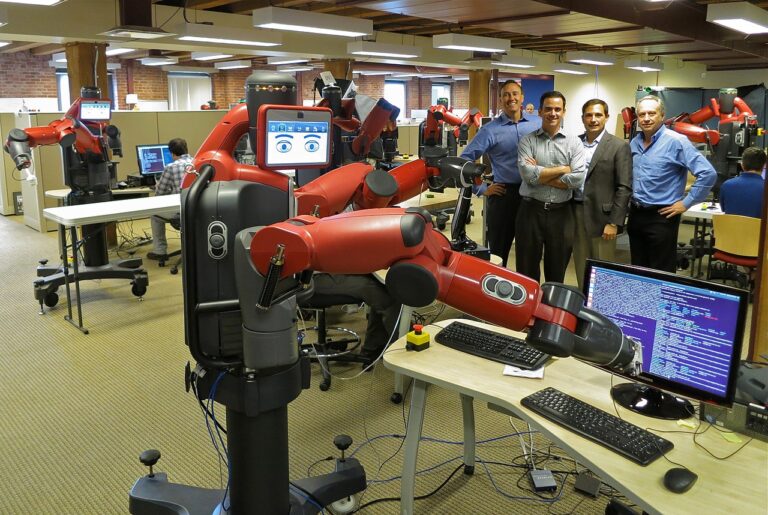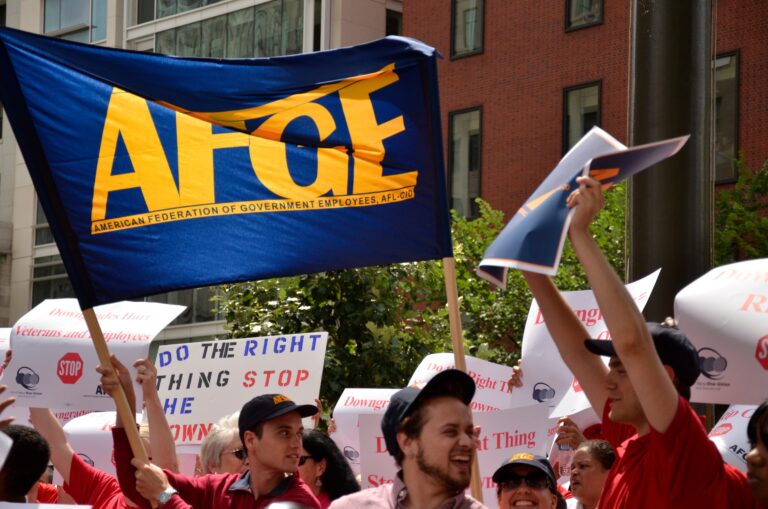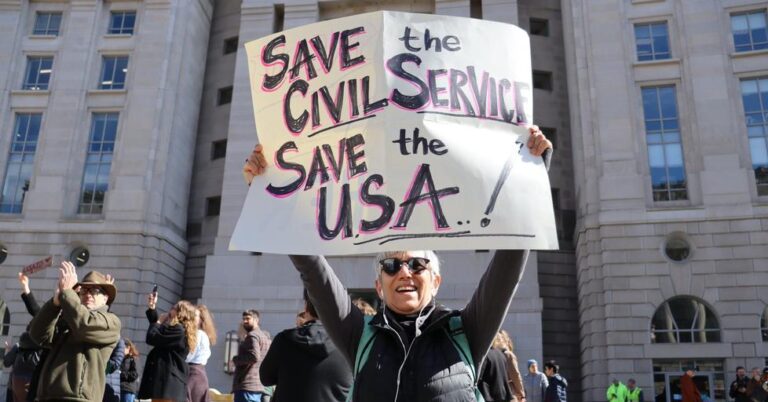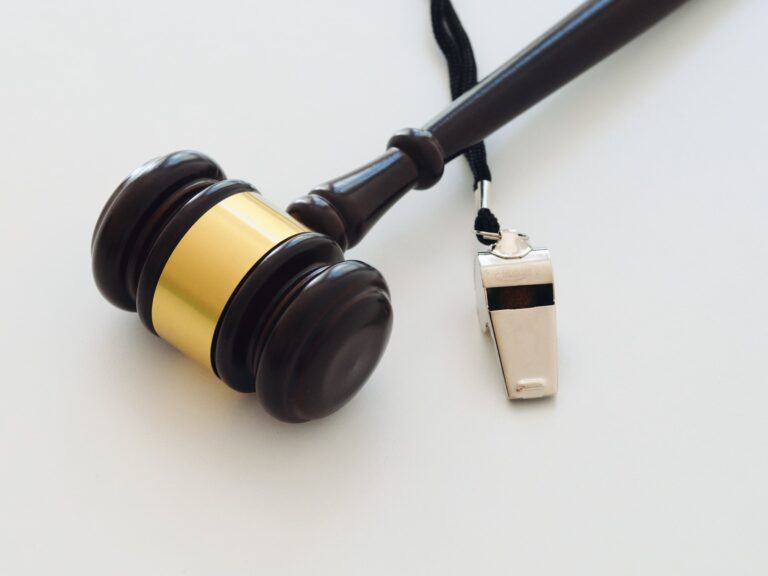Divya Nimmagadda is a student at Harvard Law School.
Yesterday, the International Brotherhood of Teamsters released a statement declining to endorse a candidate in the upcoming presidential election. The press release stated “After reviewing six months of nationwide member polling and wrapping up nearly a year of rank-and-file roundtable interviews with all major candidates for the presidency, the union was left with few commitments on top Teamsters issues from either former President Donald Trump or Vice President Kamala Harris – and found no definitive support among members for either party’s nominee….The union’s extensive member polling showed no majority support for Vice President Harris and no universal support among the membership for President Trump.” An internal, electronic poll showed that 60% of the membership wished to endorse President Trump. Vice President Harris met with Teamsters on Monday in an effort to shore up support. This is the first time the union has refused to issue an endorsement since 1996, and prior to this election, they have backed every Democratic presidential nominee since Bill Clinton.
However, some of the Teamsters regional councils in key swing states – like Michigan, Wisconsin, and Nevada – and the Teamsters National Black Council have announced their support for Vice President Harris. Given that one in every five voters in a swing state is a union worker, both candidates have been courting union support. Over the course of the campaign, the United Auto Workers, AFL-CIO, National Education Association and other major unions have announced their support for Vice President Harris.
Earlier this week, the Department of Labor honored nine unions by adding them to the ‘Century of Service Honor Roll of American Labor Organizations.” The recognized unions – American Train Dispatchers Association; Fraternal Order of Police; International Association of Fire Fighters; International Federation of Professional and Technical Engineers; National Alliance of Postal and Federal Employees; National Federation of Federal Employees; National Postal Mail Handlers Union; Service Employees International Union; and United Union of Roofers, Waterproofers and Allied Workers – collectively represent around three million members, and have been fighting for workers’ rights for more than 100 years. The ceremony was followed by a panel discussion moderated by Acting Labor Secretary Su with a focus on efforts to increase diversity within unions and in workplaces through a “multiracial, multicultural, multilingual, [and] multigenerational movement.”






Daily News & Commentary
Start your day with our roundup of the latest labor developments. See all
December 5
Netflix set to acquire Warner Bros., Gen Z men are the most pro-union generation in history, and lawmakers introduce the “No Robot Bosses Act.”
December 4
Unionized journalists win arbitration concerning AI, Starbucks challenges two NLRB rulings in the Fifth Circuit, and Philadelphia transit workers resume contract negotiations.
December 3
The Trump administration seeks to appeal a federal judge’s order that protects the CBAs of employees within the federal workforce; the U.S. Department of Labor launches an initiative to investigate violations of the H-1B visa program; and a union files a petition to form a bargaining unit for employees at the Met.
December 2
Fourth Circuit rejects broad reading of NLRA’s managerial exception; OPM cancels reduced tuition program for federal employees; Starbucks will pay $39 million for violating New York City’s Fair Workweek law; Mamdani and Sanders join striking baristas outside a Brooklyn Starbucks.
December 1
California farmworkers defend state labor law, cities consider requiring companies to hire delivery drivers, Supreme Court takes FAA last-mile drivers case.
November 30
In today’s news and commentary, the MSPB issues its first precedential ruling since regaining a quorum; Amazon workers lead strikes and demonstrations in multiple countries; and Starbucks workers expand their indefinite strike to additional locations. Last week, the Merit Systems Protection Board (MSPB) released its first precedential decision in eight months. The MSPB had been […]